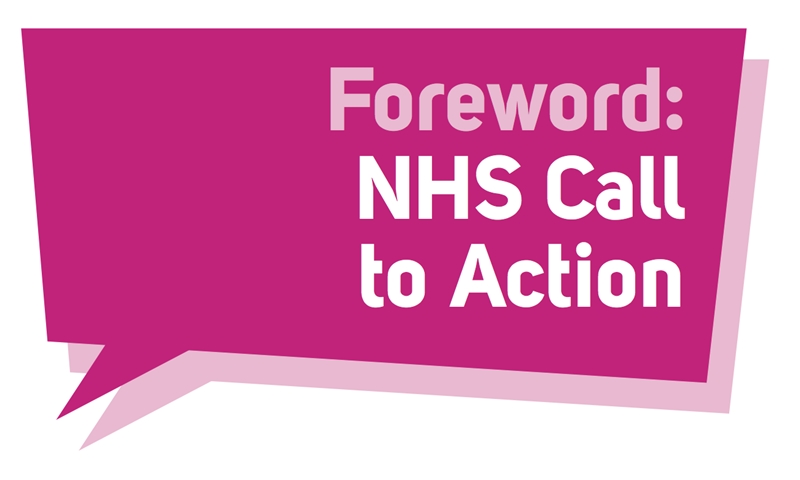The NHS is 65 this year: a time to celebrate, but also to reflect. Every day the NHS helps people stay healthy, recover from illness and live independent and fulfilling lives. It is far more than just a public service; the NHS has come to embody values of fairness
compassion and equality. The NHS is fortunate in having a budget that has been protected in recent times, but even protecting the budget will not address the financial challenges that lie ahead.
If the NHS is to survive another 65 years, it must change. We know there is too much unwarranted variation in the quality of care across the country. We know that at times the NHS fails to live up to the high expectations we have of it. We must urgently address these failures, raise performance across the board, and ensure we always deliver a safe, high quality, value-for-money service. We must place far greater emphasis on keeping people healthy and well in order to lead longer, more illness-free lives: preventing rather than treating illness. We also need to do far more to help those
with mental illness.
Foreword: NHS Call to Action4
There are a number of future pressures that threaten to overwhelm the NHS. The population is ageing and we are seeing a significant increase in the number of people with long-term conditions - for example, heart disease, diabetes and hypertension. The resulting increase in demand combined with rising costs threatens the financial stability and sustainability of the NHS. Preserving the values that underpin a universal health service, free at the point of use, will mean fundamental changes to how we deliver and use health and care services. This is not about unnecessary structural change; it is about finding ways of doing things differently: harnessing technology to fundamentally improve productivity; putting people in charge of their own health and care; integrating more heath and care services; and much more besides. It’s about changing the physiology of the NHS, not its anatomy. For these reasons, this new approach cannot be developed by any organisation standing alone and we are committed to working collectively to improve services. This is why Monitor, the NHS Trust Development Authority, Public Health England, National Institute for Health and Care Excellence (NICE), the Health and Social Care Information Centre, the Local Government Association, the NHS Commissioning Assembly, Health Education England, the Care Quality Commission (CQC) and NHS England want to work together alongside patients, the public and other stakeholders to improve standards, outcomes and value.
We are all committed to preserving the values that underpin the NHS and we know this new future cannot be developed from the top down. A national vision that will deliver change will be realised locally by clinical commissioning groups, Health & Wellbeing Boards and other partners working with patients and the public. That is why we are supporting a national ‘Call to Action’ that will engage staff, stakeholders and most importantly patients and the public in the process of designing a renewed, revitalised NHS. This is all about neighbourhoods and communities saying what they
need from their NHS; it is about individuals and families saying what they want from their NHS. Above all, this is about ensuring the NHS serves current and future generations as well as it has served those in the past.
